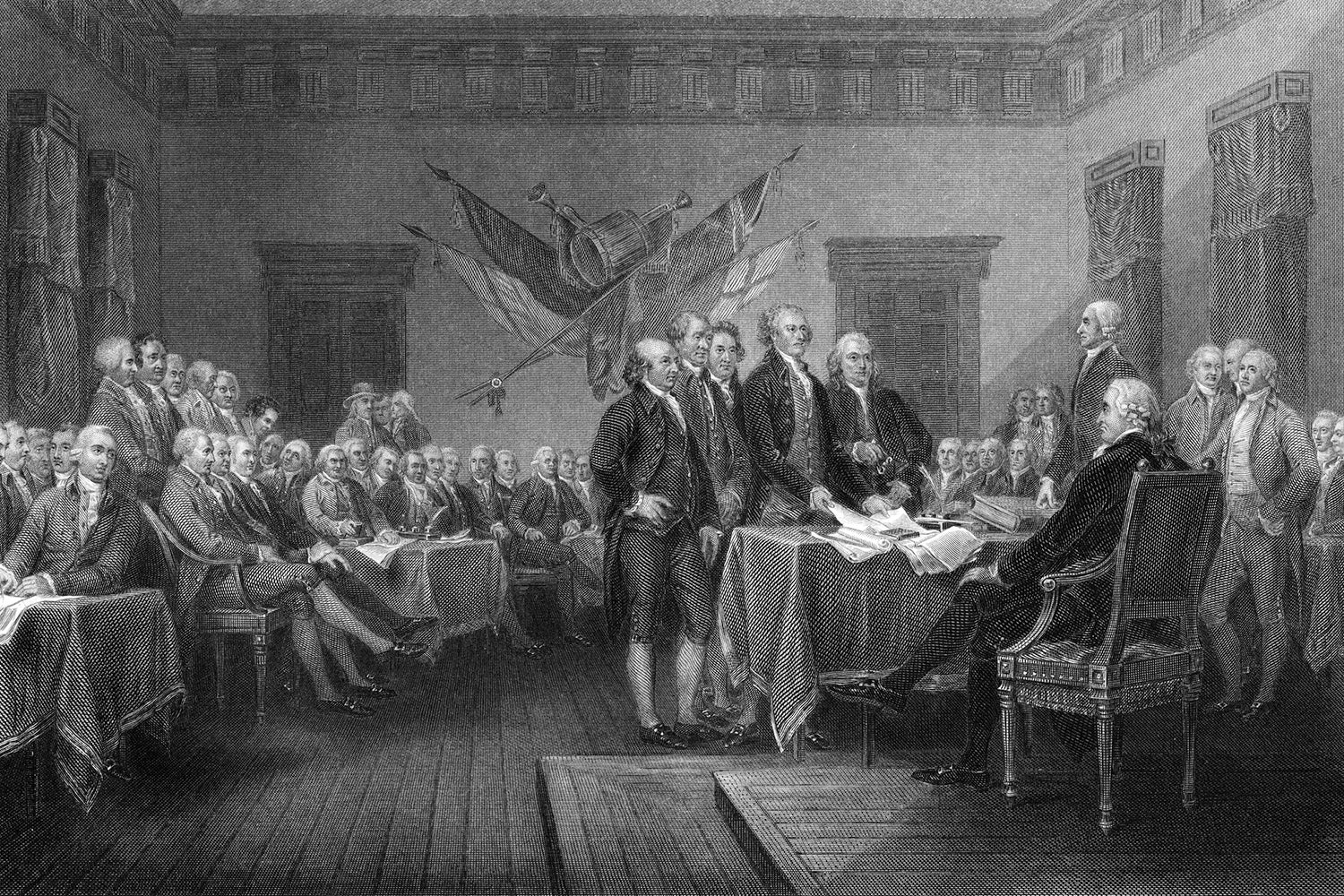Introduction
The Washington Post stands as a bastion of journalistic integrity and excellence in the United States. With a rich history spanning over a century, it has become synonymous with quality reporting, insightful analysis, and fearless pursuit of truth. In this article, we delve into the remarkable journey of The Washington Post, tracing its origins, milestones, and enduring impact on American society.
Origins and Establishment
Founded in 1877 by Stilson Hutchins, The Washington Post initially started as a four-page newspaper catering to the residents of the nation’s capital. Over the years, it evolved into a reputable publication, known for its commitment to unbiased reporting and comprehensive coverage of national and international affairs.
Rise to Prominence
Under the stewardship of legendary publishers such as Eugene Meyer and Katharine Graham, The Washington Post experienced unprecedented growth and acclaim. Its investigative journalism, highlighted by the groundbreaking Watergate scandal coverage in the 1970s, earned it widespread recognition and cemented its status as a leading voice in American media.
Evolution in the Digital Age
As the landscape of journalism underwent seismic shifts with the advent of the internet, The Washington Post adapted and thrived in the digital era. Embracing innovative storytelling techniques and leveraging technology to reach broader audiences, it remains at the forefront of digital journalism, setting new standards for excellence in online reporting.
Commitment to Excellence
Throughout its illustrious history, The Washington Post has remained steadfast in its commitment to journalistic ethics and principles. Its reporters and editors uphold the highest standards of integrity, rigorously fact-checking stories and holding those in power accountable. This unwavering dedication to truth-seeking is the cornerstone of The Washington Post’s enduring legacy.
Impact on American Society
The Washington Post’s influence extends far beyond the realm of journalism. Through its investigative reporting, insightful commentary, and thought-provoking analysis, it has shaped public discourse and influenced policy decisions. Its coverage of pivotal events, from presidential elections to social movements, has provided invaluable insights into the complexities of American society.
The Washington Post, also known as the Post or WaPo, is an American daily newspaper published in Washington, D.C., since 1877. It’s one of the leading daily newspapers in the U.S., known for its in-depth reporting, especially on U.S. government and politics.
Here are some things you might want to know about the Washington Post:
News and Content:
- Website: https://wainsider.com/2024/02/12/george-washington-the-founding-father-and-first-president-of-the-united-states/
- News coverage: They cover a wide range of topics, including national and international news, politics, business, sports, entertainment, and local news.
- Analysis and Opinion: They offer various perspectives through editorials, columns, and op-eds from diverse voices.
- Multimedia: They publish videos, podcasts, and interactive features alongside their written content.
Additional Information:
- Publisher: Nash Holdings
- Circulation: Widely circulated in the Washington metropolitan area and has a national audience.
- Awards and Recognition: Won numerous Pulitzer Prizes, including Public Service, International Reporting, Breaking News Reporting, and more.
- Social media: Active on various platforms like Twitter, Facebook, and YouTube.
What are you interested in learning more about The Washington Post?
Here are some specific things I can help you with:
- Finding articles on specific topics or events.
- Understanding their editorial stance on particular issues.
- Comparing their coverage to other news outlets.
- Exploring their multimedia content.
- Learning about their history and ownership.
Just let me know what you’re curious about!
Looking to the Future
As The Washington Post continues to evolve and adapt to an ever-changing media landscape, its mission remains unchanged: to inform, educate, and empower readers with accurate and insightful reporting. With a team of dedicated journalists and a commitment to innovation, it is poised to remain a pillar of American journalism for generations to come.
Conclusion
In conclusion, The Washington Post stands as a testament to the power of journalism to inform, inspire, and effect change. From its humble beginnings to its current stature as a global media powerhouse, it has remained true to its founding principles while embracing the challenges and opportunities of the digital age. As we reflect on its legacy, we recognize The Washington Post’s invaluable contributions to the fabric of American democracy and the pursuit of truth.
The Washington Post is a prominent American newspaper that has been a key player in shaping public opinion and informing readers since its establishment in 1877 by Stilson Hutchins. With a rich history spanning over a century, it has earned a reputation for delivering comprehensive coverage of national and international news, politics, business, culture, and more.
As one of the most respected and influential publications in the United States, The Washington Post is known for its commitment to journalistic integrity and excellence. Its team of dedicated reporters, editors, and columnists uphold rigorous standards of accuracy, fairness, and impartiality in their reporting, ensuring that readers receive reliable and credible information.
The Washington Post is published daily, offering both print and digital editions to its readers. Its website features breaking news updates, in-depth analysis, opinion pieces, and multimedia content, providing readers with a comprehensive view of current events and issues.
In addition to its coverage of news and politics, The Washington Post is also known for its investigative journalism, which has led to groundbreaking revelations and exposed corruption and wrongdoing in various sectors. Notable examples include its coverage of the Watergate scandal in the 1970s, which played a pivotal role in holding the government accountable and ultimately led to the resignation of President Richard Nixon.
In the digital age, The Washington Post has adapted and thrived, embracing new technologies and innovative storytelling techniques to reach broader audiences and engage readers in new ways. Its commitment to delivering high-quality journalism remains unwavering, making it a trusted source of news and information for millions of people around the world.
Overall, The Washington Post continues to uphold its legacy as a pillar of American journalism, providing readers with insightful analysis, investigative reporting, and thought-provoking commentary on the issues that matter most.
(FAQs) About The Washington Post
1. What is The Washington Post?
- The Washington Post is a renowned American newspaper founded in 1877 by Stilson Hutchins. It is one of the most respected and influential publications in the United States, known for its comprehensive coverage of national and international news.
2. How often is The Washington Post published?
- The Washington Post is published daily, with both print and digital editions available to readers. Its website is updated regularly with breaking news, analysis, and opinion pieces.
3. What topics does The Washington Post cover?
- The Washington Post covers a wide range of topics, including politics, business, technology, culture, sports, and more. Its reporters and columnists provide in-depth analysis and investigative reporting on current events and issues shaping society.
4. How can I access The Washington Post’s content?
- The Washington Post offers various subscription options for accessing its content, including digital-only subscriptions, print subscriptions, and premium memberships. Additionally, some articles may be available for free on its website, while others may require a subscription to access.
5. Is The Washington Post a reliable source of news?
- Yes, The Washington Post is widely regarded as a reputable and reliable source of news. It upholds rigorous journalistic standards, including fact-checking, sourcing, and editorial oversight, to ensure the accuracy and credibility of its reporting.
6. Does The Washington Post have a political bias?
- While no news organization is entirely free from bias, The Washington Post strives to maintain impartiality and objectivity in its reporting. Its journalists adhere to principles of fairness and balance, presenting multiple perspectives on complex issues.
7. How does The Washington Post contribute to journalism and society?
- The Washington Post plays a crucial role in informing the public, holding those in power accountable, and fostering public discourse. Through its investigative reporting, insightful analysis, and commitment to truth-telling, it contributes to a well-informed and engaged citizenry.
8. Can I submit a letter to the editor or op-ed piece to The Washington Post?
- Yes, The Washington Post welcomes submissions from readers, including letters to the editor and op-ed pieces. Guidelines for submissions can typically be found on its website, along with contact information for the editorial department.










